Teaching means…
…to help another person understand.
…to help another person understand why something is worth understanding.
…to help another person responsibly use what they know.
…to artfully connect students and content in authentic contexts.
…to cause change.
…to cognitively agitate.
…that relationships with children are the bedrock for everything else.
…to be able to see individual faces, needs, opportunities, and affections where others see a classroom of students.
…that you should always know the difference between what you taught and what they learned.
…to model curiosity.
…that students will likely never forget you (or that one thing you said, the time you lost your temper, how you made them feel, etc.)
…to know what it actually means to “understand.”
…to create a need for students to reorganize and repack their intellectual baggage.
…to self-critique your own biases, blind spots, and other “broken perceptions”
…to make dozens of crucial decisions on the fly not per day or class but per minute.
…that you’re going to be needed every second of every day in some important way.
…to adjust the timing, general ‘form’, and complexity of a given content so that it seems ‘just in time, just enough, and just for me’ for each student.
…to help students play with complex ideas in pursuit of self-knowledge and personal change.
…to be able to create an awesome lesson plan and unit–and to know when and why to ditch that plan and unit.
…to know the difference between teaching content and teaching thought.
…that you need to know your content well enough to teach any concept, skill, or standard within it 20+ different ways.
…that you’re going to work closely with people that will think differently than you, and learning to bridge those gaps with diplomacy could make or break your happiness
…to help students transfer understanding of academic content to authentic circumstances.
…to accept certain failure.
…to be a lifelong learner yourself.
…to disrupt social imbalances, inequities, and knowledge and skill gaps
…to confront your own weaknesses (technology, pedagogy, content, collaboration, organization, communication, etc.)
…to really, truly change the world (for the better or the worse).
…that you’re going to need a lot of help from everyone.
…to operate under unclear terms for success.
…to explain, model, and connect.
…to change, change, change.
…that in terms of sheer mathematical probability, you’re not going to be teaching for more than five years (if you’ve already passed that, congratulations!)
…that your ‘comfort zone’ no longer matters.
…your teaching program probably didn’t prepare you well (e.g., your ability to empathize and engage and design are more important than anything else you learned in said program).
…to practice humility.
Via Miloš Bajčetić, Gust MEES



 Your new post is loading...
Your new post is loading...



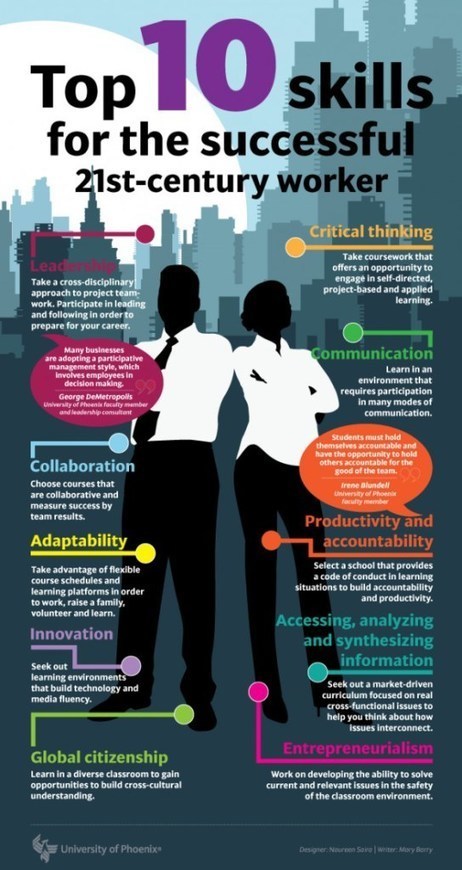



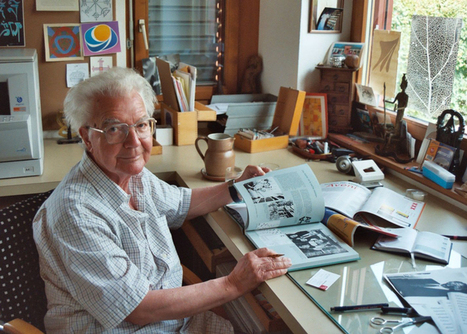

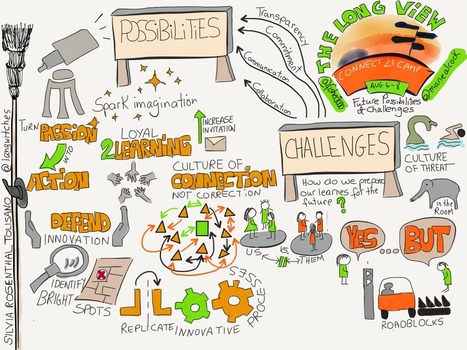


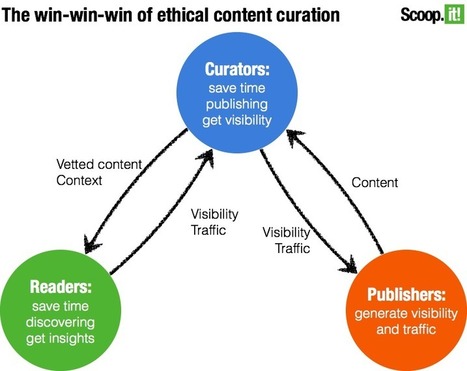



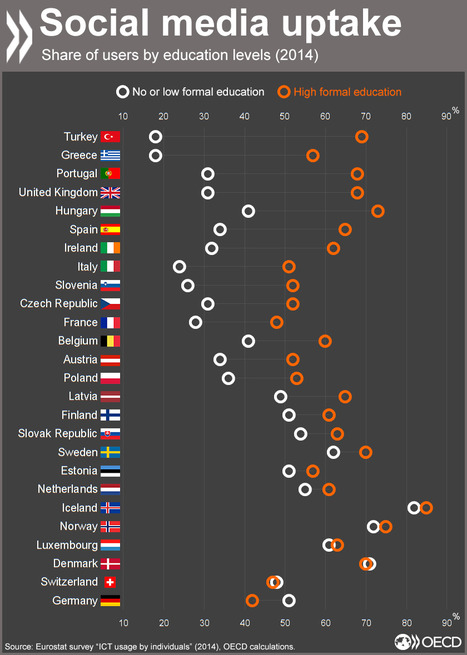






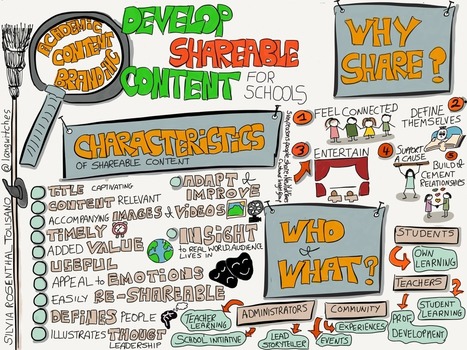



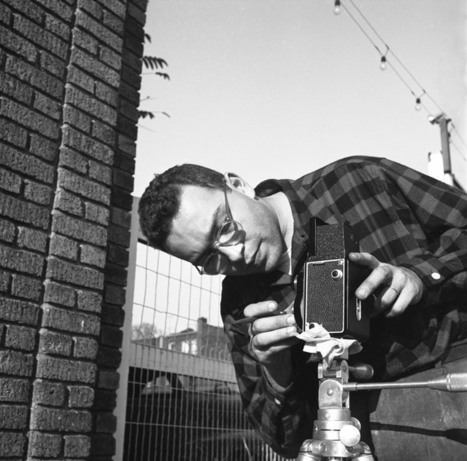
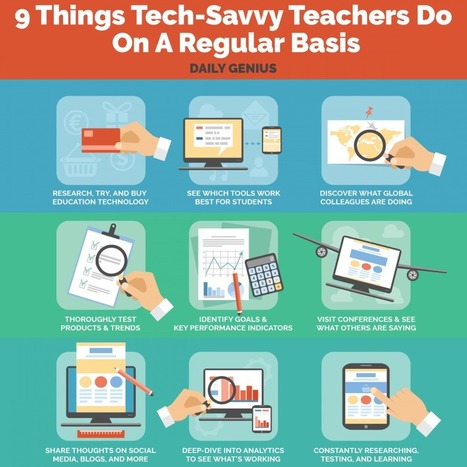






It would be nice if every and each teacher added one own thought to the list.
I add:
...to pass my enthusiasm to them in a pleasant and inspiring way and to understand and respect their own one...
Een checklist voor elke leerkracht
What teaching means... all,nearly all in a real teacher's life.